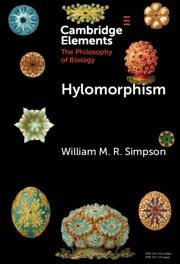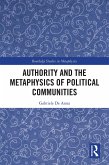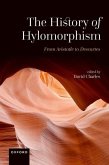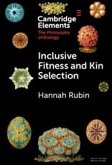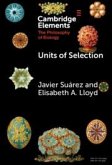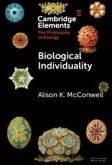This Element introduces Aristotle's doctrine of hylomorphism, which provides an account of substances in terms of their 'matter' and 'form', adapting and applying it to the interface between physics and biology. It begins by indicating some reasons for the current revival of hylomorphism and by suggesting a way of classifying the confusing array of hylomorphisms that have arisen. It argues that, in order for composite entities to have irreducible causal powers which make a difference to how nature unfolds, they must have substantial forms which transform their matter such that the powers of their physical parts are grounded in the composite entity as a whole. It suggests how a contemporary form of hylomorphism might contribute to the philosophy of biology by grounding the non-intentional form of teleology that features in the identity conditions of biological systems, affirming a real distinction between living organisms and heaps of matter. This title is also available as Open Access on Cambridge Core.
Hinweis: Dieser Artikel kann nur an eine deutsche Lieferadresse ausgeliefert werden.
Hinweis: Dieser Artikel kann nur an eine deutsche Lieferadresse ausgeliefert werden.

